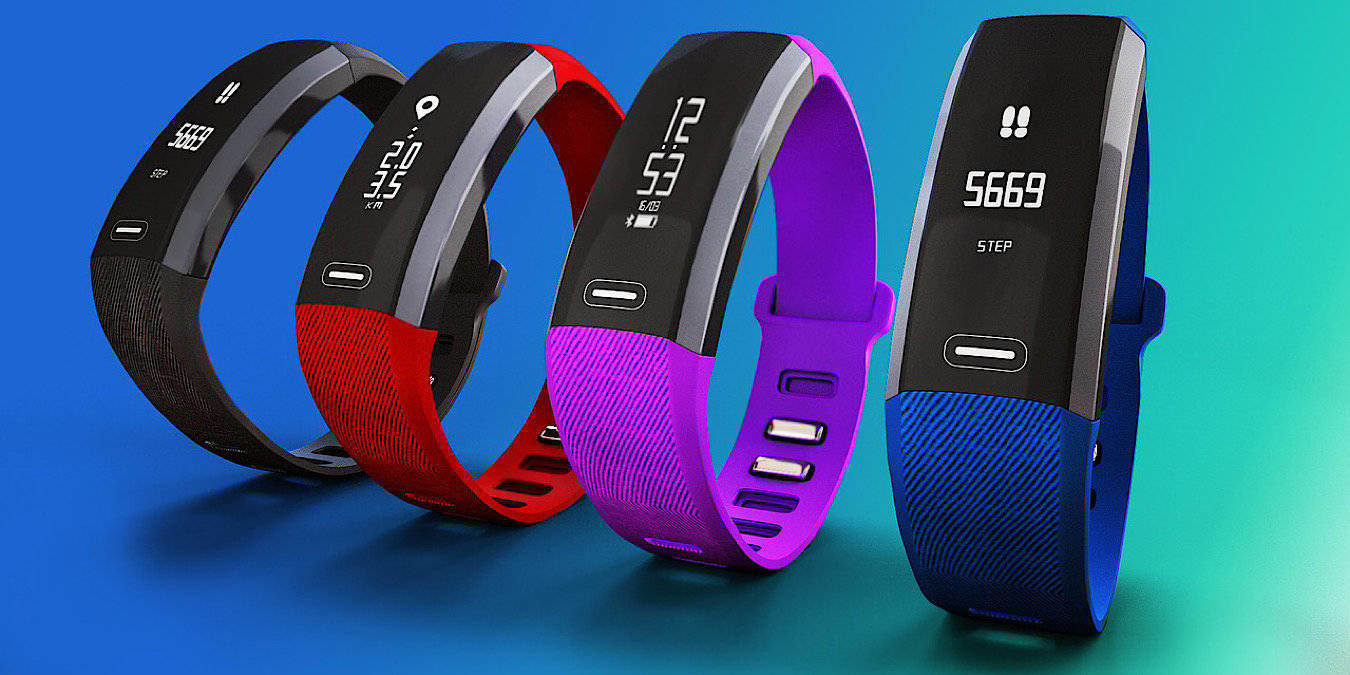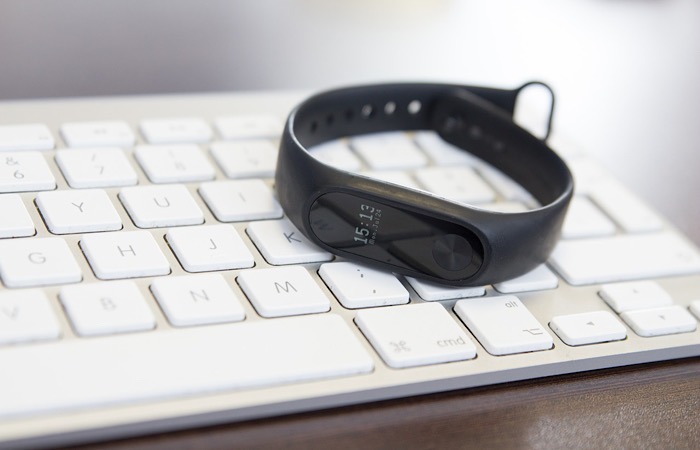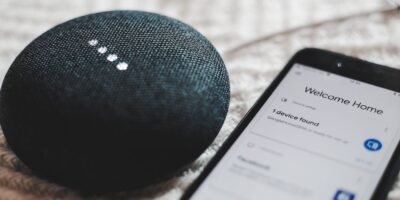
Microsoft recently came under fire for racial bias in their facial recognition technology. This wasn’t something they aimed to do but was the result of their training methods of the software. They worked on fixing the problem after it was recognized.
Now fitness trackers and smartwatches are being called out in the same way. It’s been learned that they don’t correctly track the heart rate of people with darker skin or who have many tattoos.
Fitness Tracker and Smartwatch Flaw
The problem with the Microsoft facial recognition software was that when the developers were training it to recognize faces, they weren’t using people with darker skin. Hence, when people with darker skin tried to use facial recognition, the software would stumble.
Similarly, wearables are having difficulty with darker skin as well, and it may end up with wearers having inaccurate heart rate readings. But this flaw does not come down to the way the devices were trained.
It was discovered by researchers that nearly all wearable manufacturers rely on technology that may not be reliable for those with darker skin. Fitbit uses the same technology in nearly every device that features a heart rate tracker, and it’s also used in Garmin and Samsung devices. While the Apple Watch uses the same technology, it also tracks heart rates with another method at the same time.
An estimated 40 million people just in the United States are using wearables that track heart rates. And despite online complaints suggesting those with darker skin won’t get accurate readings, the companies haven’t disclosed this information to consumers.

Many of these devices rely on green lights because they are cheaper and more simple to use than the infrared lights that are used on the type of heart rate trackers you’d find in a hospital. But with its shorter wavelength, green light is more easily absorbed by melanin, the skin pigment found more prevalent in darker skin.
“We could see that there [were] some differences in accuracy between, for example, different skin types and skin colors,” said Mikael Mattsson, a senior researcher with Karolinska Institutet in Sweden, as well as an author of a paper looking at the link between accuracy and race with heart rate trackers.
Fitbit says it boosts the current that powers the green light to help with this issue. Apple explained that while their devices use green light for continuous monitoring, they also take a reading with an infrared light around every five minutes.
Lack of Research
Adding to the difficulties, not only is this information not widely published, there isn’t a lot of research to show the connection of accuracy and darker skin. What affects the lack of research is that technology moves so quickly, that it’s hard for the researchers to keep up with it.
There was a 2017 study that tested the devices that were available at the time. Again, tech moves too quickly to keep up. However, it found that the error rates for Fitbit Surge, Samsung Gear and Basis Peak (v. 2) devices were statistically significant for those with a darker skin tone, while those for Apple Watch, Microsoft Band (v. 1), Mio, and PulseOn were not.
Are you a person with darker skin who uses wearables to track your heart rate? Have you noticed a problem with accuracy? Let us know in the comments below.









